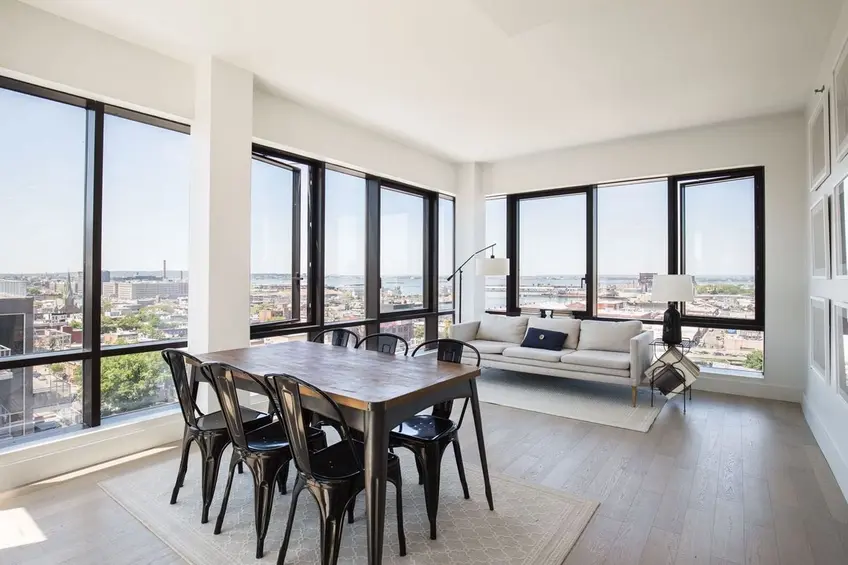 635 Fourth Avenue, #402
635 Fourth Avenue, #402
Part 1 of “Renters Rights 101” offered a comprehensive overview of renters rights in New York City. In Part 2, we explore when and how to launch a complaint if you believe that your tenant rights are being eroded.
In this article:
When and How to File a Housing Complaint
There are many different types of housing complaints in New York City, and the direction for one to bring a complaint generally depends on two factors: the nature of the complaint, and the classification of the building or rental unit.
For most maintenance complaints, the first line of defense dial 311 or fill out a related online form.
For most maintenance complaints, the first line of defense dial 311 or fill out a related online form.
Residential maintenance complaints in private buildings
Tenants living in private buildings can make anonymous complaints about maintenance problems at any time, but only if the complaint is impacting their entire building. Notably, while the complaint will remain anonymous, tenants must provide their contact information to make a complaint. There are two ways to do this: dial 311 or use the city’s Online Form for Maintenance Complaints.Complaints about rent stabilized apartments
All complaints concerning rent stabilized apartments, including maintenance complaints, should be directed to the Department of Home and Community Renewal at 718-739-6400.Complaints about public housing (NYCHA and Section 8 buildings)
Tenants who live in public housing should contact the NYCHA Section 8 hotline at 718-707-7771 or use their online form: NYCHA Customer Contact Center. If a tenant has a specific complaint about an existing HPD section 8 voucher, they should contact the HPD Section 8 Helpline at 917-286-4300.If your complaint isn’t about maintenance but rather a human rights complaint, the complaint should be directed elsewhere. Notably, in New York City, housing discrimination can be based on a tenant or prospective tenant’s real or perceived age, alienage or citizenship status, color, creed/religion, disability, family status, gender, gender identity or gender expression, lawful occupation, lawful source of income, marital status, national origin, partnership status, race, or sexual orientation.
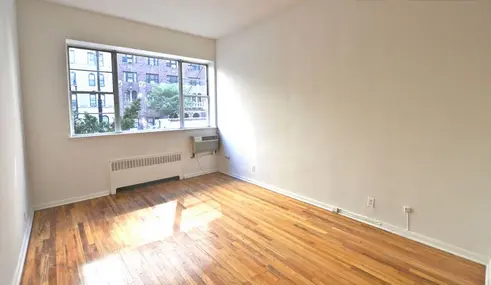

The City Commission on Human Rights
Most local housing discrimination complaints are directed to the City Commission on Human Rights, which enforces the New York City Human Rights Law. Their general information line is 212-306-7450, but to file a complaint, call 718- 722-3130 to schedule an appointment. It is important to bear in mind that you cannot file a complaint with the Commission if you have already filed a complaint with another court or agency at the state or federal levels.If a tenant believes they are being harassed for a reason that is not covered under the existing New York City Human Rights Law, there is still recourse.
Tenant Harassment Taskforce
The Mayor and Attorney General recently created a taskforce to fight tenant harassment. As part of this joint effort, tenants who are being harassed can fill out and mail the Tenant Harassment form directly to the Attorney General's office or call the Tenant Harassment hotline at 800-771-7755.Public Advocate for Tenant Harassment Complaints
In addition, if a tenant facing harassment, unfair rent increases, or an unlawful eviction needs legal counsel, they can either email gethelp@pubadvocate.nyc.gov or call the public advocacy hotline at 212-669-7250.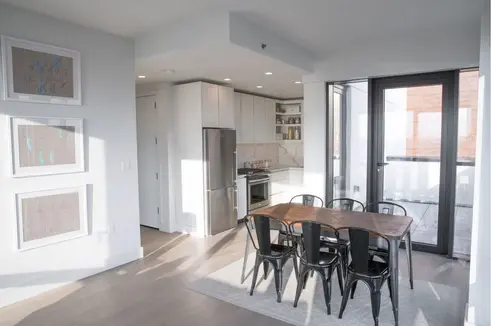
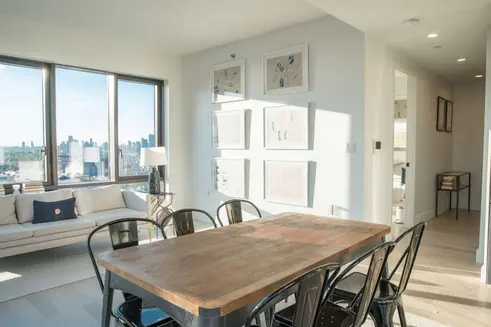
Housing Court
No one wants to end up in a New York City Housing Court. Wait times for a hearing remain extremely long. But from time to time, owners or tenants do end up in court.
Due to the city’s size, housing courts in New York City are a separate division of the Civil Court. The types of cases filed in the Landlord-Tenant Housing Part Office include residential holdover proceedings, residential non-payment proceedings, RPAPL Section 7A actions, post-eviction proceedings, and housing part proceedings (HP).
For additional information on what happens in the local housing courts, visit the Housing Court Answers Website. If you’re a tenant preparing for Housing Court, consult How to Prepare for a Landlord-Tenant Trial.
Due to the city’s size, housing courts in New York City are a separate division of the Civil Court. The types of cases filed in the Landlord-Tenant Housing Part Office include residential holdover proceedings, residential non-payment proceedings, RPAPL Section 7A actions, post-eviction proceedings, and housing part proceedings (HP).
For additional information on what happens in the local housing courts, visit the Housing Court Answers Website. If you’re a tenant preparing for Housing Court, consult How to Prepare for a Landlord-Tenant Trial.
 Photos via Citi Habitats
Photos via Citi Habitats
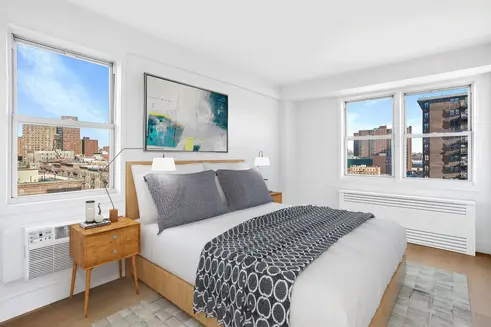

Retaliation
As per NYC Human Rights Law and other Fair Housing Laws, tenants maintain the right to complain if and when their housing rights are not being upheld. If the person against whom a tenant files a claim retaliates, it is illegal. Examples of retaliation may include coercing a person (orally, in writing, or by any other means) to deny or limit the benefits they would receive from launching the complaint or taking revenge against the complainant. If a tenant does face retaliation after launching a complaint against an owner or management company, they are advised to launch an additional complaint with the City Commission on Human Rights.
Other Resources
In addition to the resources provided in Part 1 and Part 2 of this guide, tenants may find the following resources helpful as they navigate their rights at the local, state, and federal levels:
- Tenant Resources
- Tips for Renters
- Living Safely Campaign
- Buildings Information System
- Tenant Resources
- Tips for Renters
- Living Safely Campaign
- Buildings Information System
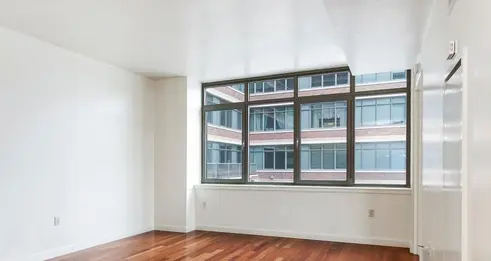
Would you like to tour any of these properties?

Contributing Writer
Cait Etherington
Cait Etherington has over twenty years of experience working as a journalist and communications consultant. Her articles and reviews have been published in newspapers and magazines across the United States and internationally. An experienced financial writer, Cait is committed to exposing the human side of stories about contemporary business, banking and workplace relations. She also enjoys writing about trends, lifestyles and real estate in New York City where she lives with her family in a cozy apartment on the twentieth floor of a Manhattan high rise.

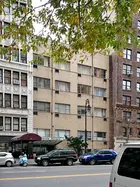
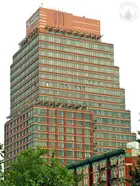
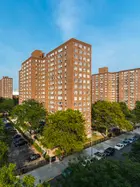
 6sqft delivers the latest on real estate, architecture, and design, straight from New York City.
6sqft delivers the latest on real estate, architecture, and design, straight from New York City.
